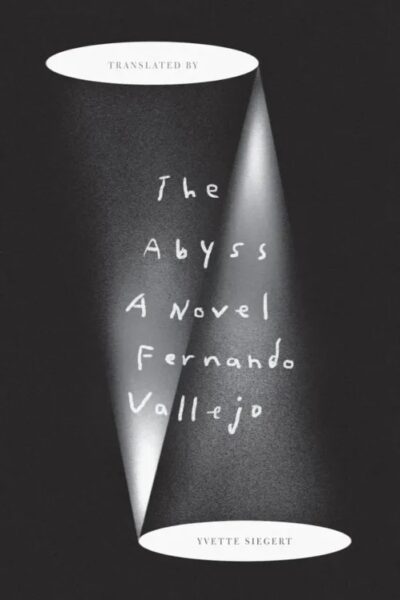In Two Plays, Alekar’s sense of whimsy, bolstered by the translator’s ear for colloquialism, becomes an antidote to the intellectually stifling nature of the modern world.
The Years Shall Run Like Rabbits – Ben Berman Ghan
Ghan weaves together technical jargon and strikingly erotic organic language to depict the cyborg post-human as it goes forth and multiplies.
The Weird Sister Collection: Writing at the Intersections of Feminism, Literature, and Pop Culture
Each essay in the book reprises the site’s founding intention: to create the very space one desires and to invite others into dialogue while doing so.
The Avian Hourglass – Lindsey Drager
One could say that crisis compels us to look up, beyond ourselves. And birds allow us to delight in the altitude while staying rooted to the ground.
If rapacious capitalism depends on fracking our attention and selling it back to us, practices of radical attention can help us to imagine alternative forms of social relations and selfhood, forms which moneyed interests claim are either naive or undesirable.
Stubble Archipelago – Wayne Koestenbaum
You could almost believe it was possible to get Chelsea out of this book, devoured already by real estate; maybe we could even have Lana Turner again.
In The Abyss, Vallejo reevaluates his relationship with Colombia, his family, and his queerness, even though there appears to be no space for absolution.
Nauetakuan, a Silence for a Noise – Natasha Kanapé Fontaine
In NAUETAKUAN, Indigenous characters’ laughter disrupts the serious, restrained norms of literary fiction.
I think one of the reasons I’m not a novelist is because I can’t imagine myself into the space of being able to see the whole. I’m not saying that wouldn’t ever happen, but I would struggle, I think . . . I tend to see in patchwork.
Personal Score: Sport, Culture, Identity – Ellen van Neerven
By looking at First Nation sporting lineages and lexicons, van Neerven invites us to imagine the different roles sports may play in our lives and in the world beyond dominance and defeat.
The Years Shall Run Like Rabbits – Ben Berman Ghan
Ghan weaves together technical jargon and strikingly erotic organic language to depict the cyborg post-human as it goes forth and multiplies.
Mystery Lights – Lena Valencia
Through the process of stripping away parts of the self . . . the women come face-to-face with their own uncanny reality, however ugly. Ghosts do not give up easily.
In Two Plays, Alekar’s sense of whimsy, bolstered by the translator’s ear for colloquialism, becomes an antidote to the intellectually stifling nature of the modern world.
In The Abyss, Vallejo reevaluates his relationship with Colombia, his family, and his queerness, even though there appears to be no space for absolution.













